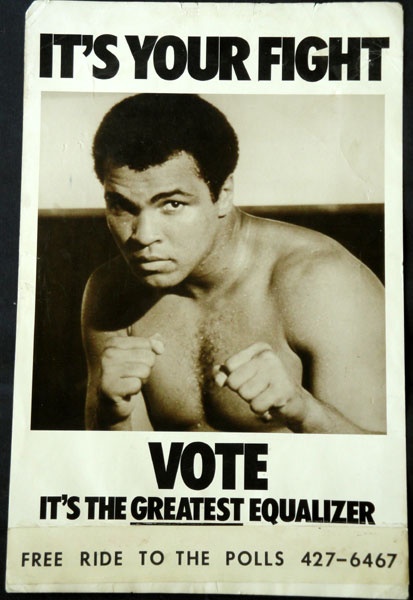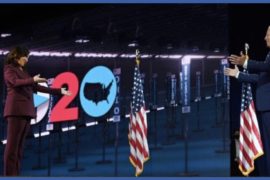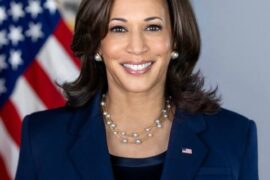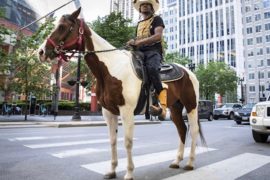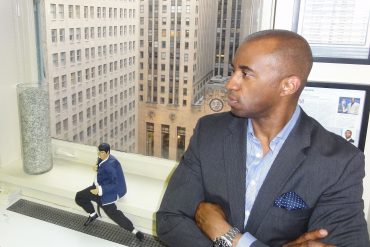By Paul King Jr.
Terrence Crutcher, Philando Castile, Samuel DuBose ….
The list of Black people killed by police in the past continues to grow, while too many of us with the most to lose continue to be distracted by the circus in the nation’s capital promoted round-the-clock on cable TV.
Of the many processes associated with the human mind – decision-making, memory, etc. – attention is surely the most crucial because it is tied so clearly to perception. Attention is the process of selectively concentrating on a discrete aspect of information. And the enemy of attention is – you guessed it – distraction.
Distraction? Recently we’ve been hit with a deluge of distraction. Some lowlights:
• Facebook founder Mark Zuckerberg goes to Congress to say everything’s going to be okay with online personal information, even though we’re also informed that he once called his customers “dumb f–ks” for trusting him with details that can be profitably sold to commercial marketers and political mindbenders.
• Fired FBI director James Comey is touring the nation to tout a new book in which he calls the current White House Occupant (WHO) “morally unfit” to hold that office.
• Special Counsel Robert Mueller is creeping ever closer to the WHO, not just for possible collusion with Russian election-stealers, but for allegedly hushing a porn star with a $130,000 payment using legally restricted campaign funds.
• The alleged arranger of said payment, Fixer-to-the-Chief Michael Cohen, recently received a lesson on “lawyer-client privilege” when federal prosecutors reminded him there’s no such thing when criminal fraud is suspected.
• House Speaker Paul Ryan, having secured his rich-get-richer tax “reform”, decides to quit while he’s ahead, not run for re-election, and let someone else deal with the WHO.
Meanwhile, barely noticed against this barrage of hot news, the assault on Black people continues unabated. Never mind that for all the Black blood spilled, only one officer among our nation’s shoot-first police departments is likely facing prison time.
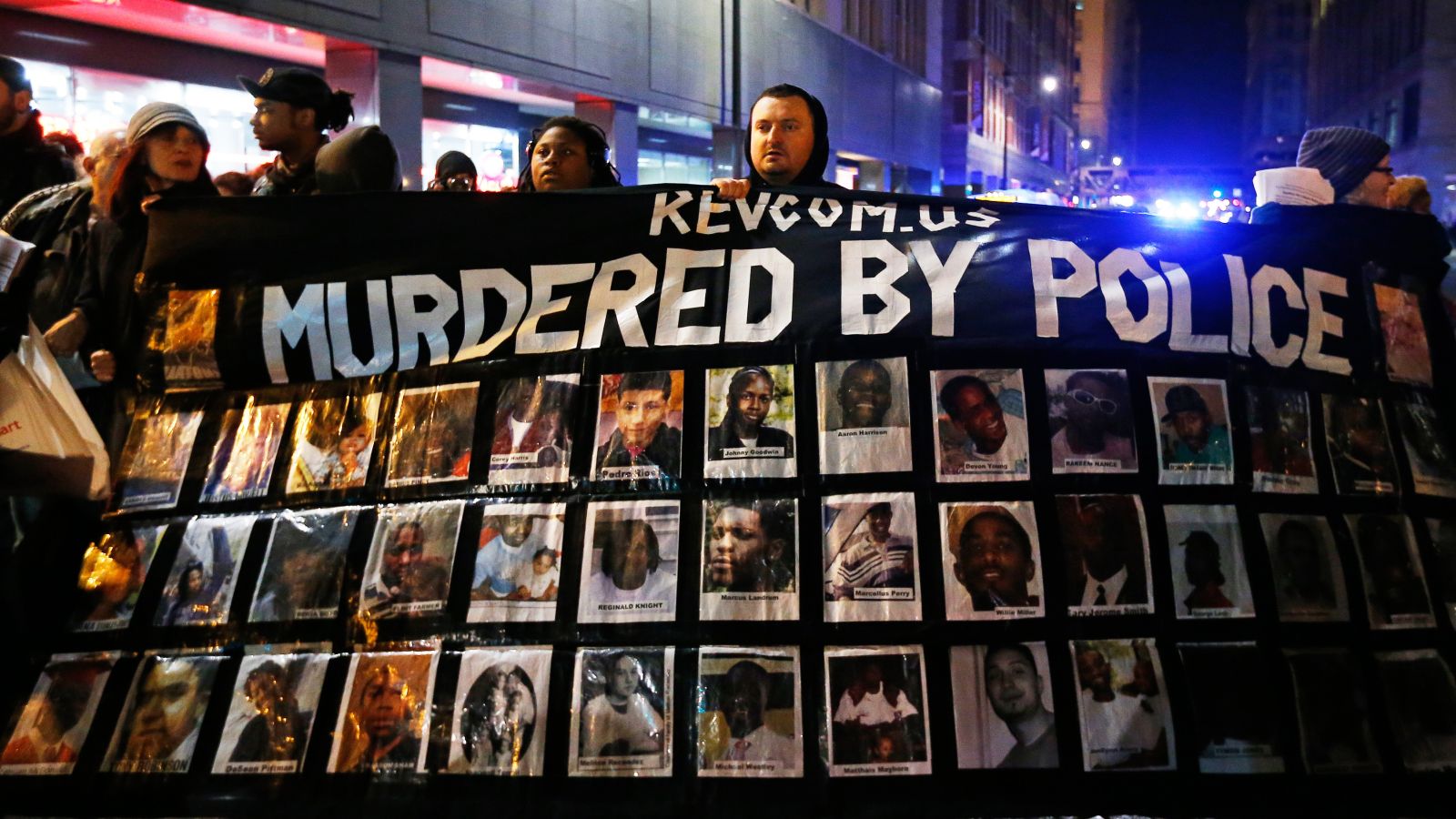
Akai Gurley, Laquan McDonald, Keith Lamont Scott …
According to the Washington Post, there were 223 Black people killed by U.S. police and law enforcement officials during 2017. Yet most of the lethal shooters have either been wholly exonerated or given administrative hand-slaps.
One would think, given the severity of the situation, that Black Americans everywhere would be mounting a united get-out-the-vote campaign not just to support Black candidates, but all office-seekers of good intent who want to end the injustices that surround us.
But one would be wrong in that thinking. It is estimated that fewer than 29 percent of Black registered voters in the State of Illinois opted to exercise their precious franchise in the primary last March 20th. And that’s just 29 percent of those who bothered to register in the first place. Roughly half of eligible Black voters aren’t registered at all!
Paul O’Neal, Alton B. Sterling, Christian Taylor …
Despite this sorry turnout, we can be thankful that State Sen. Kwame Raoul prevailed in his multi-candidate race to be the Democratic nominee to replace the retiring Lisa Madigan as Illinois Attorney General.
Clearly the state A.G. has great influence in dealing with police violence against Black people. Lisa Madigan has given her successor a big headstart by calling for a federal investigation of the Chicago Police Department’s use of lethal force, and by insisting that all tapes and transcripts be made public in the 16-shot slaying of Laquan McDonald. Compare that to the recent whitewash by the Louisiana A.G. following the Baton Rouge police shooting of Alton Sterling.
But unless I’m missing something, there seems to be no great stirring in the Black community to ensure that Senator Raoul is elected in November to become just the fourth African-American state attorney general in the U.S.
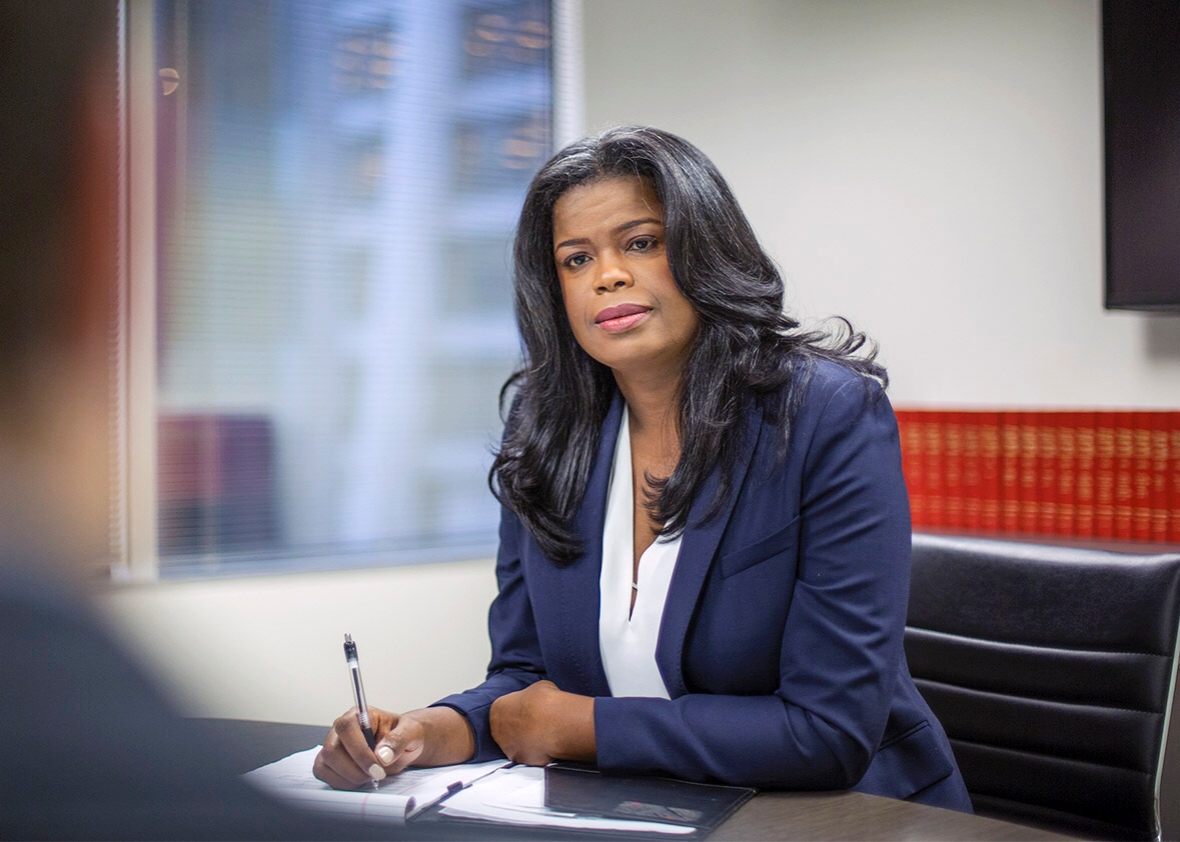

We have the unprecedented potential of Kwame Raoul as our state’s top legal officer, combining with Cook County State’s Attorney Kim Foxx as a dynamic duo in the pursuit of unbiased law enforcement.
There are no Black people in Cook County or Illinois whose lives are not touched directly or indirectly by the policies and methods of these two offices, especially now, with Jefferson Beauregard Sessions III at the helm of the U.S. Justice Department.
Sessions has stated that police morale and safety are his most important concerns and he promises to reverse the Obama-era policy of the Justice Dept. getting involved in law enforcement cases at the local level.
Yet Black elected officials whom I’ve talked with say too many of our people simply aren’t connecting the dots. They do not connect our inability to elect public officials sympathetic with our concerns to the injustices we face daily regarding public safety, educational resources and business opportunities.
Even after a Black Chicago mayor and a Black Chicagoan became president, there remains among voting-eligible Blacks a disturbing amount of apathy.
Sandra Bland, Freddie Gray, Walter Scott …
So what’s to be done?
It is time, I believe, to resurrect the old-fashioned Voter Education Project. Beginning in 1962, major foundations raised and distributed funds to Civil Rights groups in the South until 1968 for voter education and registration.
Back then, Black voters across the South faced violence and death threats for daring to vote. Along with education and registration, the VEP curriculum included tactics to avoid injury in pursuit of the right to vote.
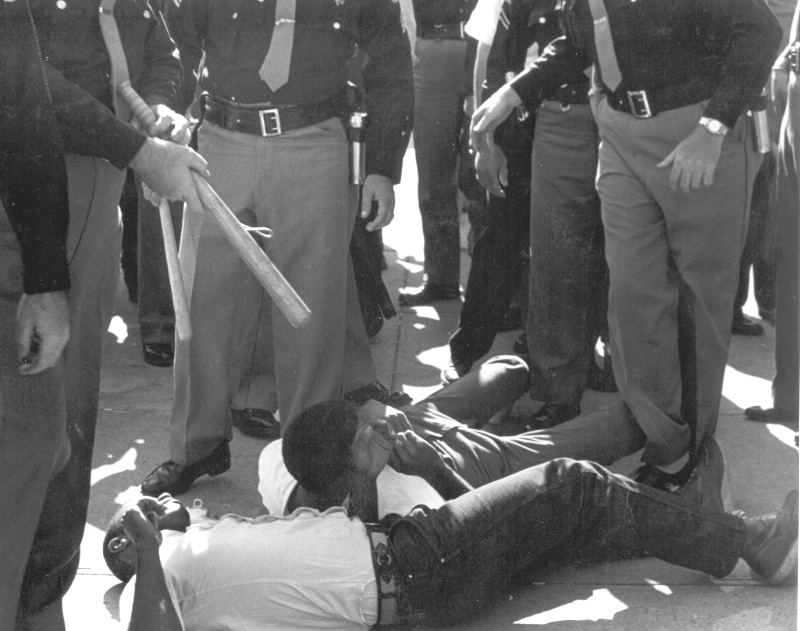
SNCC volunteers beaten for attempting to bring water to people (many elderly) waiting in the hot sun for hours to register to vote. © John Kouns.
But white violence wasn’t the only obstacle. Black indifference also played a part – the obtuse notion that voting was “white folks’ business” and that no election could or would improve their life chances.
Today, 50 years later, even after a Black Chicago mayor and a Black Chicagoan became president, there remains among voting-eligible Blacks a disturbing amount of apathy, a belief that it’s all corrupt, that my vote doesn’t count, that my needs won’t be addressed – all wrapped in a lack of knowledge about the political system.
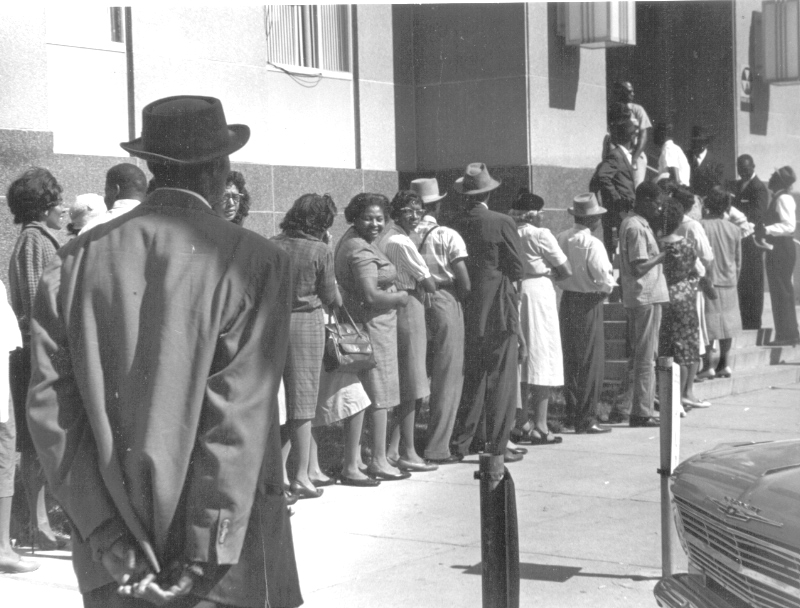
“Freedom Day” in Selma, October 1963. Blacks line up at the courthouse to apply to register to vote. © John Kouns.
Do not dare tell me that low-income Blacks are lazy. Early every Friday morning, I witness over 200 shivering in the cold and rain outside my St. Ailbe Parish food pantry on the South Side, pull-wagons and shopping carts at the ready, waiting to get donated produce, canned goods and other staples.
Why do they do that? Because they trust they’ll get something for their efforts. Come Election Day, though, not so much.
Combine this skepticism with intentional Black voter suppression, racial gerrymandering, and other nefarious tactics taking place in states across the nation, and it’s no wonder that northern industrial states rich in potential Black votes – Wisconsin, Michigan, Ohio, Pennsylvania, etc. – factored mightily into the narrow electoral victory of the WHO.
Borrowing from the Voter Education Project of memory, I hereby urge creation of a new coalition of foundations (think the Chicago Community Trust, the Joyce Foundation, the Field, the Polk Bros. the MacArthur) to step up to the plate.
A good first step would be to engage local universities – think Professors Erik Gellman and Al Bennett at Roosevelt University along with Waldo Johnson at the University of Chicago, guided by a Black Advisory Group led by the Rev. Johnny Miller of the JLM Center, along with leaders of the West Side Justice Center and others – to engage in a non-partisan and IRS-compliant effort to identify problems and devise solutions.
Problems and solutions such as:
1. Finding out why so few Blacks vote.
2. Educating the uniformed as to how voting affects policies that impact their lives.
3. Facilitating voter registration.
4. Convening non-partisan educational meetings on the South and West sides and suburbs where there are many Black residents.
5. Facilitating early voting and Election Day get-out-the-vote efforts.
6. Investigating and reporting cases of unlawful partisan steering.
7. Establishing a social media model for voter education and registration, thereby motivating Millennials who are so quick to join noisy, albeit warranted, protests, yet so slow to work the more powerful levers of political action. Kids, there is no point-and-click voting app.
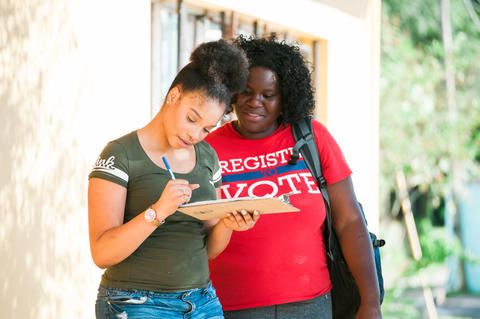
Tamir Rice, Eric Garner, Michael Brown…
It’s a long list and getting longer. For those who are educated, well-read, in business and issue-informed, the value of the vote is obvious. This is not so for too many others.
In addition to voluble protest, there must be a sustained political pressure leading to policy and process reforms. Voter Education Projects have worked in the past. It’s time to make them work again.
(Paul King is a Construction Consultant and member of Chicago’s Business Leadership Council.)


